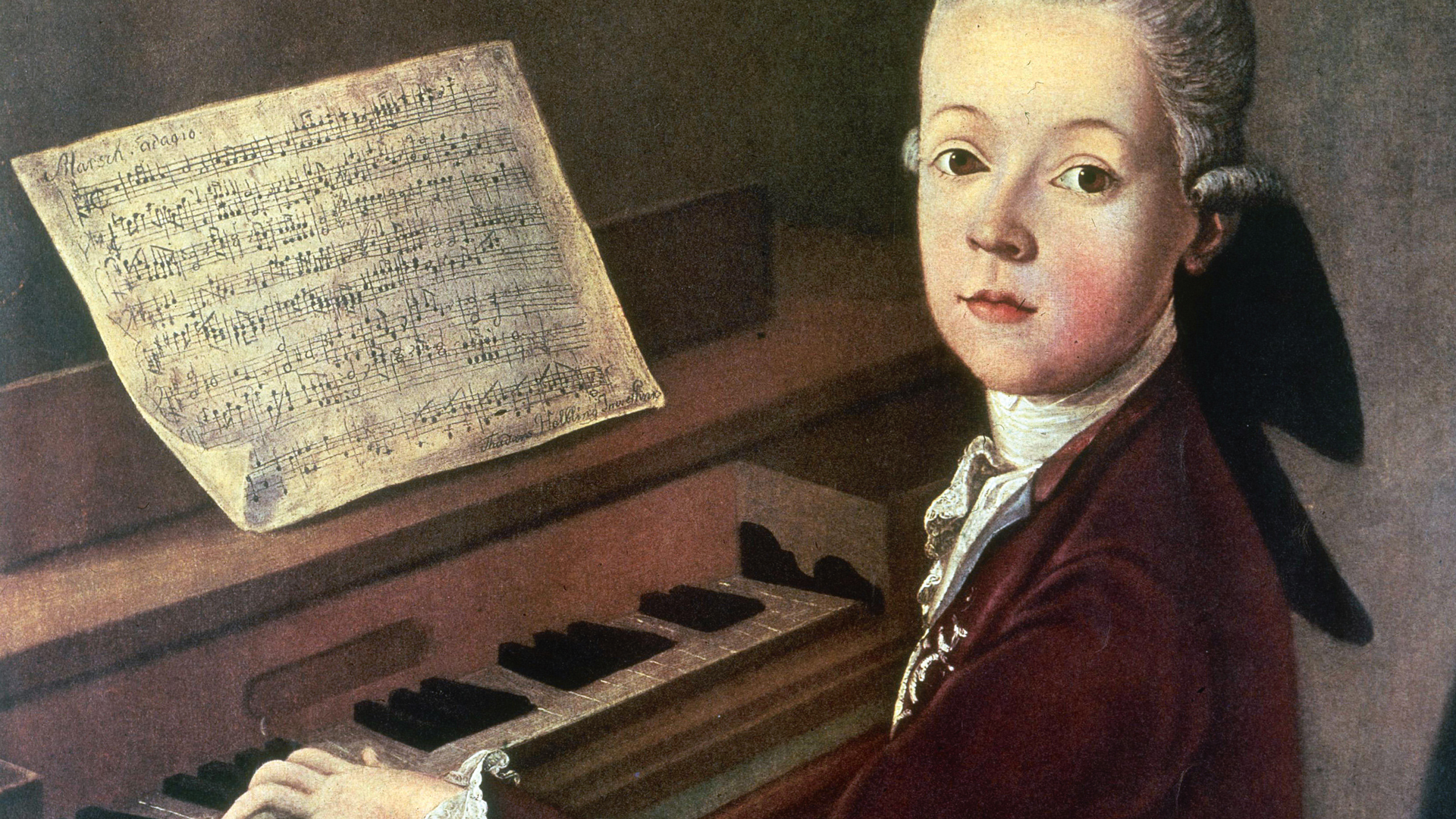Musical prodigies – and, often, their eye-watering daily routines, carefully managed by their guardians – have fascinated audiences for centuries. But while tweens can often have extraordinary technical faculty on their chosen instrument, lots of repertoire requires a deeper, more thoughtful approach that can only be achieved with emotional maturity.
I once interviewed former violin prodigy Sarah Chang after she had recorded the Bruch concerto for the first time. She explained that, although she was note perfect (from memory) in her teens, she wanted to wait until her twenties until she committed the work to disc because she wanted the emotional dexterity, too. Music expresses experience, and the highs and lows that life entails.
There are of course exceptions, with the most famous being Mozart, who showed incredible skill at the keyboard as a toddler. The young Mozart was subsequently trotted out all over Europe by his father Leopold, who closely managed the career of Wolfgang – and his equally talented sister, Nannerl. Mozart began composing aged five, producing an enormous body of work before his untimely death at 35.
Mozart 250 is an epic chronological survey into Mozart’s output, comprising concerts, educational resources and collaborative projects, following each year of Mozart’s life, 250 years later. This month, Ian Page and Classical Opera are performing a selection of works that Mozart played as a teen sensation (a classical Justin Bieber).
Mozart began composing aged five, producing an enormous body of work before his untimely death at 35
1769: A Year in Music (January 29; Queen Elizabeth Hall, London) considers the musical scene that the 13-year-old Mozart experienced. Soprano Chiara Skerath and BBC New Generation Artist baritone James Newby will perform pieces by Mozarts senior and junior (including a recently discovered concert aria), and work that inspired









